Magnesium powders are popping up everywhere—but what exactly are they, and are they really worth the hype?
Why Do You Need to Add Magnesium in Your Diet?
Almost half of North American people fail to consume sufficient magnesium through their diet. So what is magnesium and why do you need them?
There are many benefits to why you should include magnesium in your diet. Magnesium is a mineral and it cannot be made by the body, meaning it must be obtained through dietary foods and/or supplements. In this post we will dive into what magnesium is, why it is beneficial, who needs to take it and how much, some deficiency symptoms, and foods high in magnesium. As a registered dietitian, today I will break it down for you!
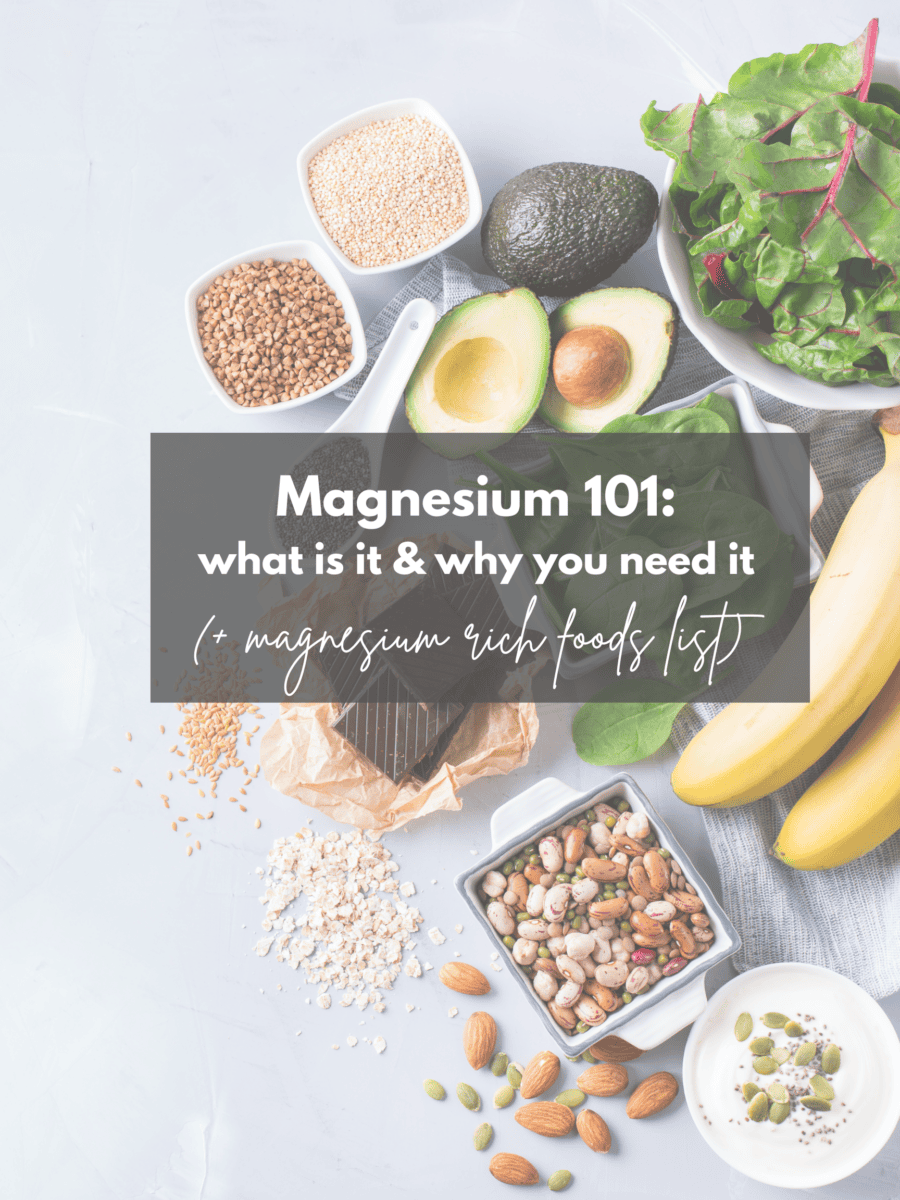
Table of contents
What is magnesium?
Magnesium is an essential mineral which we need in order to grow and survive1. It is crucial for hundreds of biochemical processes throughout the entire body, including muscle function, energy production, and nervous system regulation1.
Ensuring we have enough magnesium is critical to helping produce energy, manage blood sugar levels, and maintain strong bones.
Fun fact:
Approximately 60% of magnesium is stored in bones, with the remainder in muscles, soft tissues, and bodily fluids2.
This explains why magnesium's is so important for our structural support and many metabolic functions throughout our bodies.
Why is Magnesium beneficial?
Magnesium can play a role in supporting many functions throughout the body including:
- Supports Cardiovascular Health: Magnesium promotes cardiovascular health by maintaining a stable heartbeat and relaxing blood vessels, lowering the risk of cardiovascular illness.
- Improves Bone Density: Magnesium improves bone density by contributing to bone mineralization and activating vitamin D, which is essential for the development and maintenance of strong bones.
- Muscle Recovery: It relaxes muscles and minimizes cramping, allowing for faster recovery from physical exercise.
- Regulates Blood Pressure: Magnesium relaxes blood arteries, improving blood flow and aiding in the treatment of hypertension.
- Improves Neurological Function: It promotes nerve signaling and neurotransmitter balance, resulting in increased mood, focus, and overall brain health.
Who needs magnesium?
Everyone requires magnesium, but some groups are at higher risk of deficiency.
Individuals who might be at higher risk of deficiency include:
- People with gastrointestinal disorders, type 2 diabetes, chronic stress, or those taking medications that deplete magnesium (e.g., diuretics).
- Older adults and athletes may also benefit from additional magnesium1.
How much magnesium do we need?
The Recommended Dietary Allowance (RDA) for magnesium varies by age and gender5:
- Adult men: 400–420 mg/day
- Adult women: 310–320 mg/day
About 45% of Canadians fail to meet the recommended intake, increasing the risk of deficiency!
Foods High in Magnesium
According to Canada’s Food Guide, the foods high in magnesium include:
- Spinach: 157mg/ 1 cup (cooked)
- Pumpkin seeds: 156g/ 1 oz handful
- Tofu: 146mg/ 1 cup
- Lima beans: 126mg/ 1 cup (cooked)
- Tuna: 109mg/ 6oz
- Edamame: 99mg/ 1 cup (cooked)
- Brown rice: 86mg/ 1 cup
- Almonds: 77mg/ 1 oz handful
- Dark chocolate: 65mg/ 1 oz square
- Avocado: 58mg/ avocado
- Peanut Butter: 57mg/ 2 tbsp
- Bananas: 41mg/ cup (sliced)
- Whole wheat bread: 24mg/ 1 slice
Magnesium Rich Food Sources List:
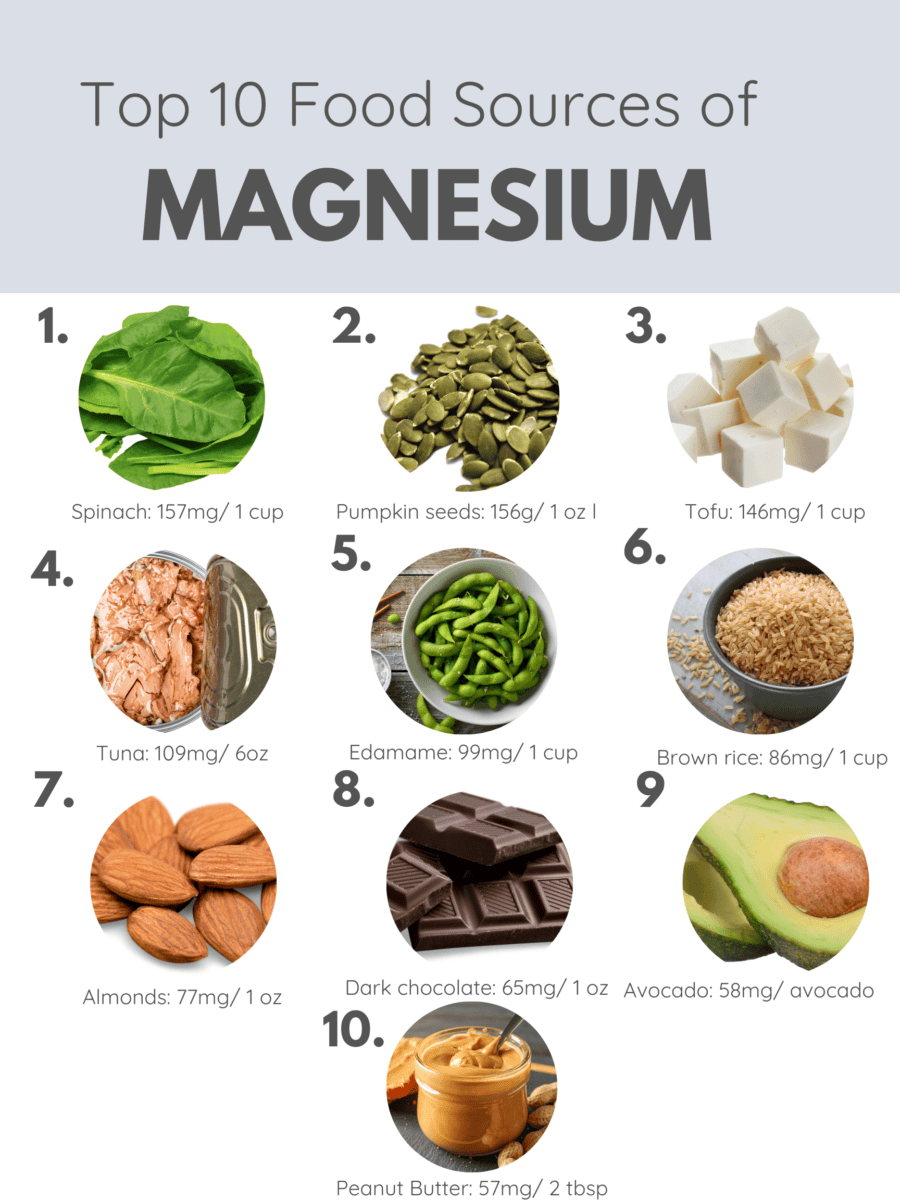
How to incorporate magnesium into your diet naturally
- Breakfast: Overnight oats with almond butter and chia seeds
- Snack: Dark chocolate and pumpkin seeds
- Lunch: Spinach salad with quinoa and black beans
- Dinner: Grilled salmon with roasted sweet potatoes and broccoli
- Dessert: Banana with a sprinkle of dark cocoa powder
Magnesium rich recipes to try!
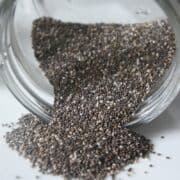







How do I know if I need a supplement?
For the most part, the majority of individuals should be able to obtain enough magnesium through their dietary choices alone.
However, you might want to consider taking a supplement if you experience symptoms of deficiency (e.g., muscle cramps, fatigue, irritability) or have risk factors such as a poor diet, chronic illness, or specific medication use 1.
I always recommend speaking with a healthcare provider to receive the most accurate results for you! Doctors are able to complete a blood test or confirm symptoms.
Deficiency Symptoms
Symptoms include fatigue, muscle cramps, weakness, nausea, abnormal heart rhythms, and neurological issues like anxiety or depression 1.
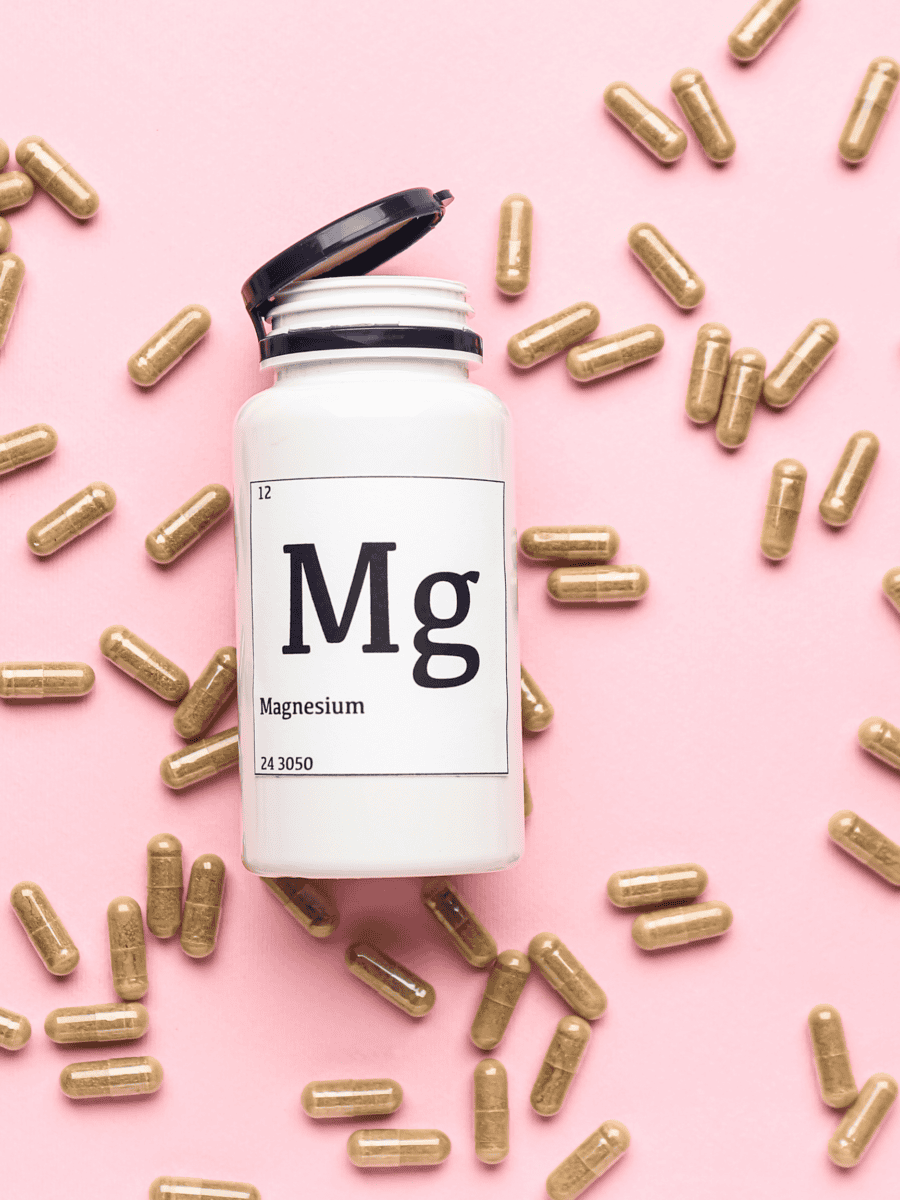
Supplements: magnesium glycinate vs citrate
Supplements can always get a little confusing! Magnesium supplements are available in a number of forms, each with its own set of benefits based on individual needs.
Magnesium glycinate and magnesium citrate are two common forms. While both types are meant to increase magnesium levels in the body, they have different absorption rates and uses.
SO let's dive into what makes them different to help you choose the best supplement to meet your health goals.
- Glycinate:Magnesium glycinate, known for its calming qualities, is easily available in pill form and taken on a daily basis. It's an excellent choice for anyone looking for long-term relief from symptoms such as insomnia, anxiety, muscle fatigue or magnesium insufficiency3 . Think of this as more of a daily vitamin for longer term use!
- Citrate: Magnesium citrate is a highly absorbable powder that can be combined with water or taken as a tablet3 . This is a great option if you are someone struggling with constipation, or looking for digestive regularity support (helping you become more regular in the bathroom). This is more of a supplement meant for shorter, very specific uses!
When it comes to quantity: Magnesium supplements can be hard on the digestive system! Most magnesium supplements are safe in dosages of less than 350 mg per day, but higher amounts may cause stomach issues.
How long does it take for magnesium to work
How quickly magnesium works really relies on a few things—like how low your magnesium levels are, how much you're taking, the type of supplement and what you're trying to solve4.
- If your magnesium levels are low, it may take 20 to 40 weeks of frequent supplementation to restore them to normal. But don't worry—during that time, you may notice some benefits, such as better sleep, improved mood, or fewer muscle cramps.
So, while you may see some changes right away, it typically takes some time to reap the full benefits. And, as always, consult with a healthcare expert before beginning any supplements!
Bottom Line: Do I need a magnesium supplement?
As with any supplement, the need for a magnesium supplement is determined by your diet, health, and level of deficiency. I always recommend sticking to dietary source first! Some great source of magnesium-rich foods include nuts, seeds, leafy greens, whole grains, and legumes. So start by including more of these sources to help you reach the daily requirement of 400-420 mg for males and 320-360 mg for women.
However, if you are noticing any source of deficiency such as feeling extremely tired, experiencing muscle cramps, having difficulty sleeping, or just looking for to aid your body in relaxation you may want to consider a supplement like magnesium glycinate.
This post was written by Nadine Abdelmalek, Nutrition and Food student at Toronto Metropolitan University and reviewed by Nicole Addison, MHSc, RD.
Let's connect!
Looking for the answers to any more burning questions about magnesium? I'd love to hear in the comments! If you decide to make any of these magnesium rich recipes or found this information helpful, don't forget to snap a photo and tag me on Instagram- @nourishedbynic.
References
1 Fatima, G., Dzupina, A., B Alhmadi, H., Magomedova, A., Siddiqui, Z., Mehdi, A., & Hadi, N. (2024). Magnesium Matters: A Comprehensive Review of Its Vital Role in Health and Diseases. Cureus, 16(10), e71392. https://doi.org/10.7759/cureus.71392
2 Watson, R. R., Preedy, V. R., & Zibadi, S. (2013). Magnesium in human health and disease (1st ed. 2013.). Humana Press. https://doi.org/10.1007/978-1-62703-044-1\
3 Rose-Francis, K. (2023). 10 Types of Magnesium (and What to Use Each For). healthline. https://www.healthline.com/nutrition/magnesium-types
4 Rose-Francis, K. (2023). 10 Types of Magnesium (and What to Use Each For). healthline. https://www.healthline.com/nutrition/magnesium-types
5 Canada’s Food Guide. (2023). Dietary reference intakes tables: Reference values for elements. Government of Canada. https://www.canada.ca/en/health-canada/services/food-nutrition/healthy-eating/dietary-reference-intakes/tables/reference-values-elements.html#tbl2


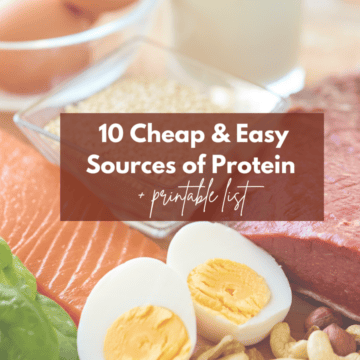
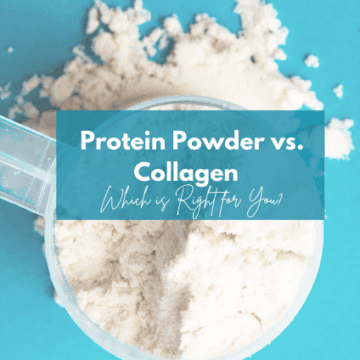

Comments
No Comments